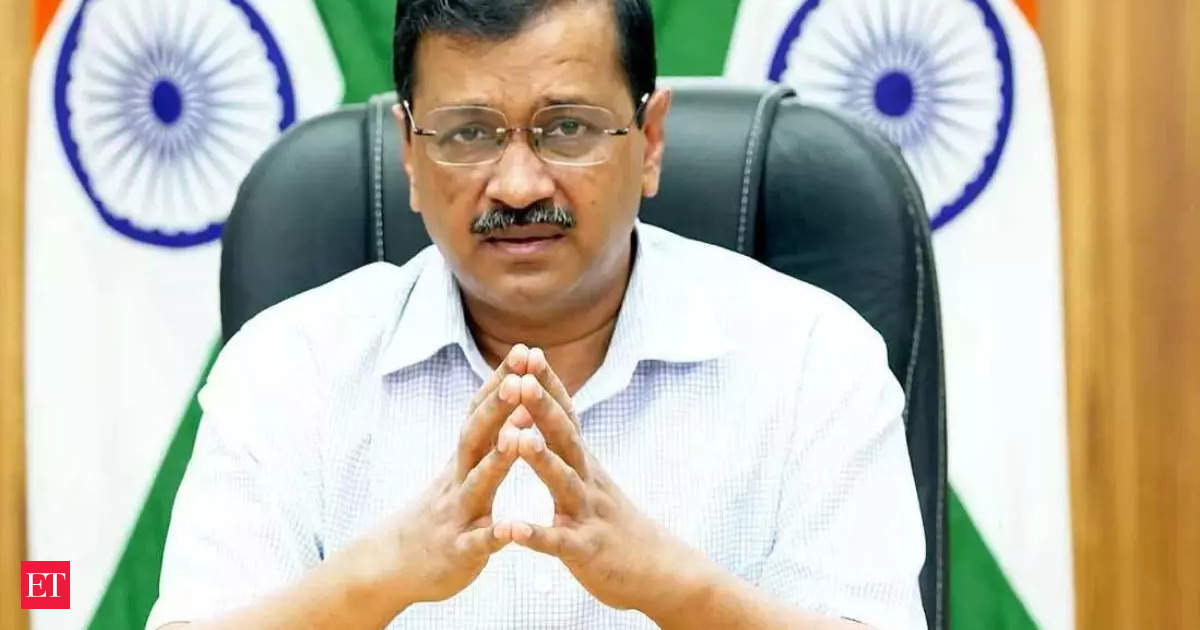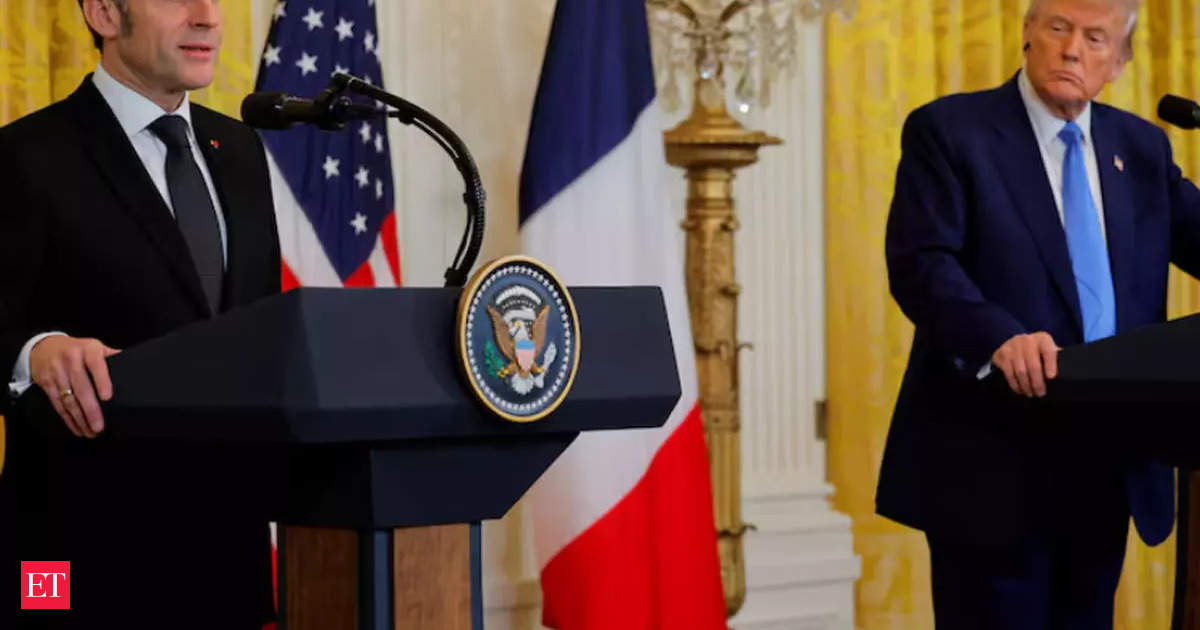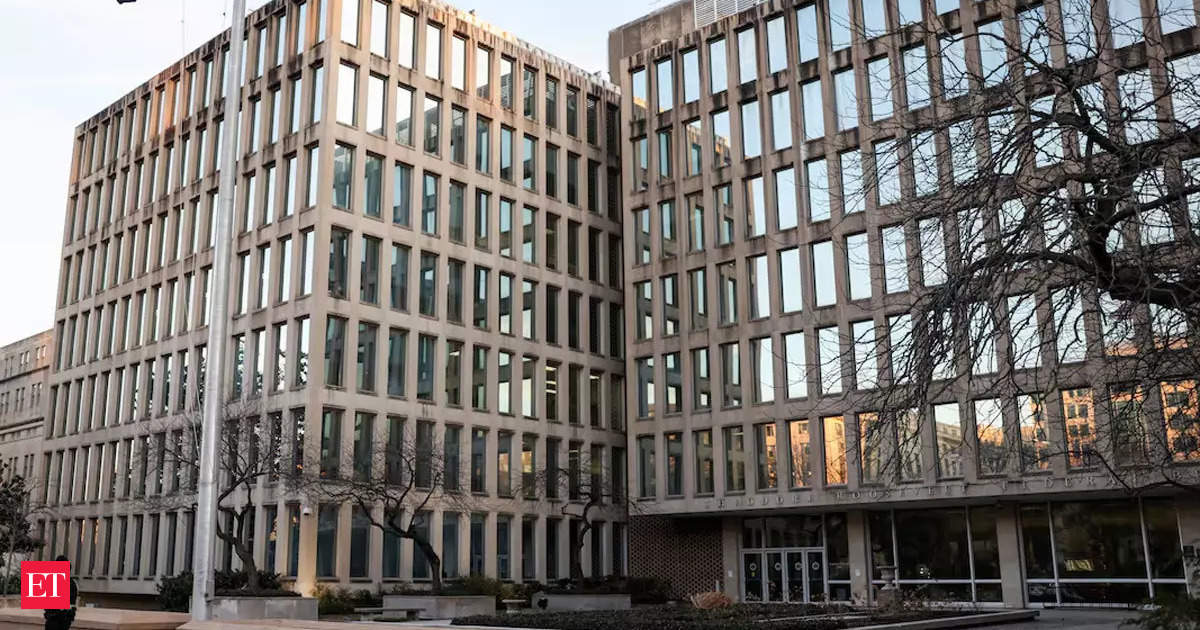Delhi Chief Minister Arvind Kejriwal was arrested yesterday by the Directorate of Enforcement (ED), following his avoidance of nine summons issued by the investigative agency in relation to the Delhi liquor policy case.
The decision to apprehend Kejriwal transpired shortly after the High Court’s denial of protection from arrest. With this development, Kejriwal becomes the second opposition Chief Minister to face arrest by the ED within a span of fewer than two months, following Jharkhand Chief Minister Hemant Soren’s similar fate in January 2024 due to allegations in a graft case. Subsequently, Hemant Soren was replaced by his party colleague, Champai Soren.
Despite ongoing assertions from AAP leaders since the ED’s initial summonses in November, affirming Kejriwal’s refusal to resign and determination to govern while detained, questions loom regarding the practicality of such a scenario.
Delhi government minister Atishi declared shortly after Kejriwal’s arrest that he would not step down from his position. However, the legality and feasibility of a detained Chief Minister continuing to fulfill official duties warrant examination.
Constitutionally, only the President of India and Governors of states and Union Territories enjoy immunity from civil and criminal proceedings until the conclusion of their terms. This immunity does not extend to Prime Ministers or Chief Ministers, and arrest alone does not warrant disqualification. Disqualification only occurs upon conviction.
While theoretically plausible, governing from detention presents logistical challenges. The Representation of the People Act, 1951 outlines disqualification provisions for specific offenses, necessitating a conviction for those holding office.
Constitution expert SK Sharma told TOI that there exists no specific legal provision mandating the automatic resignation of a state’s Chief Minister upon arrest. He cited the example of former Bihar CM Lalu Prasad Yadav, who appointed his wife Rabri Devi as CM during his arrest. Sharma further indicated that if AAP persisted in retaining Kejriwal as CM, it could lead to a deadlock, potentially prompting the Centre to impose President’s rule in Delhi.
Despite AAP’s unwavering stance on Kejriwal’s continuation in office, internal sources told TOI potential successors, including Atishi and health minister Saurabh Bharadwaj, have emerged as likely contenders. Finding a successor of comparable stature to Kejriwal, however, presents a formidable challenge for AAP.
Delhi’s unique power structure, featuring an elected Chief Minister and a Lieutenant Governor appointed by the Centre, presents a complex scenario. Kejriwal’s ability to continue as CM hinges on legal relief, failing which the Lieutenant Governor can seek Presidential intervention, potentially leading to the imposition of President’s rule.
Kejriwal’s arrest adds to a history of Chief Ministers facing legal repercussions. Notably, Hemant Soren’s recent resignation prior to arrest mirrors similar instances, such as Lalu Prasad Yadav’s resignation in 1997 due to corruption charges. Similarly, J. Jayalalithaa’s conviction in 2014 led to her resignation, marking the first instance of a Chief Minister being convicted while in office.











